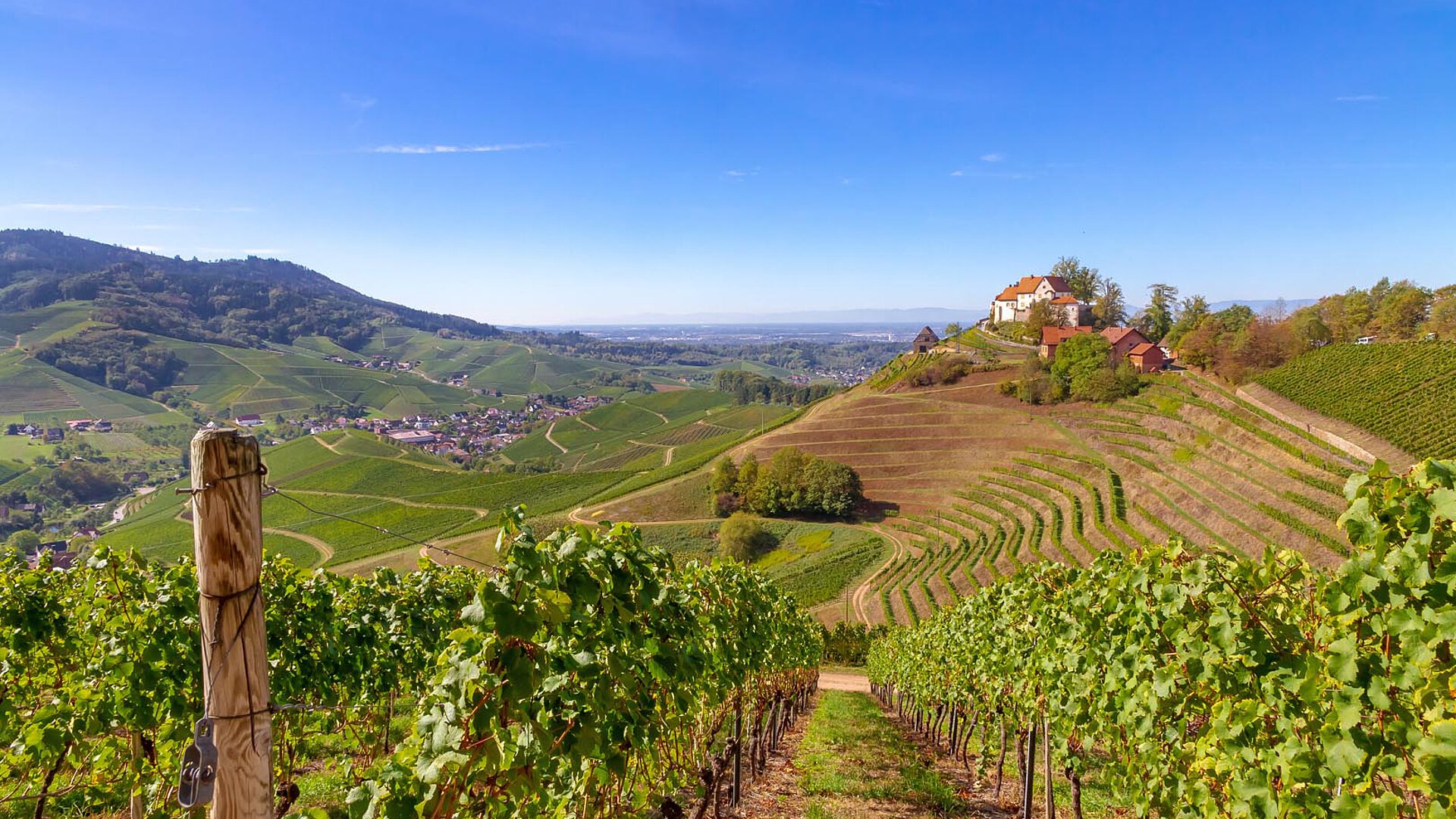Farmtravel glossary
All the Agritourism terms you need to know.
O
Organic Farming
- Kategorie:
- O
What is Organic Farming and Why is it Important?
A holistic farming system that maintains soil health, promotes ecological balance, and produces food without synthetic inputs.
Core Principles
- Natural Processes: Biological cycles
- Soil Health: Living ecosystem
- Biodiversity: Species variety
- No Synthetics: Natural inputs
- Animal Welfare: Ethical treatment
Natural Methods
Key practices:
- Crop Rotation: Soil management
- Green Manure: Natural fertilization
- Composting: Organic matter
- Biological Control: Natural pest management
- Cover Crops: Soil protection
Certification Requirements
Standards include:
- Land History: Chemical-free period
- Input Control: Approved materials
- Record Keeping: Documentation
- Inspection Process: Regular checks
- Processing Standards: Handling rules
Production Areas
Common sectors:
- Vegetable Growing: Fresh produce
- Fruit Production: Orchards/vineyards
- Grain Cultivation: Field crops
- Animal Husbandry: Livestock
- Dairy Farming: Milk products
Environmental Benefits
Ecological impacts:
- Soil Conservation: Enhanced quality
- Water Protection: Reduced pollution
- Wildlife Support: Habitat preservation
- Carbon Storage: Climate benefit
- Pollinator Health: Insect protection
Organic Farming represents a sustainable approach to agriculture that prioritizes environmental health and natural processes. Ready to explore organic production methods?

